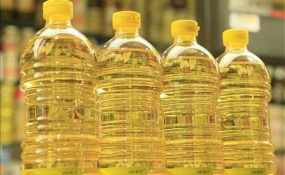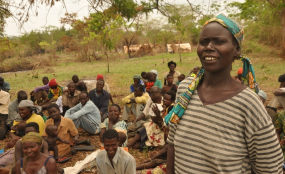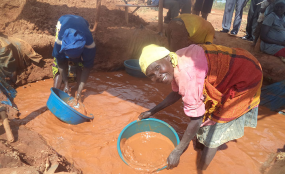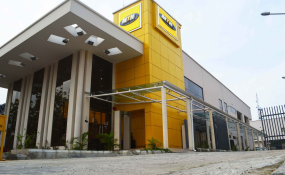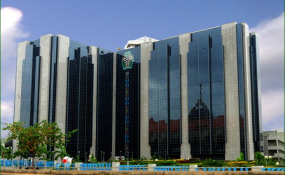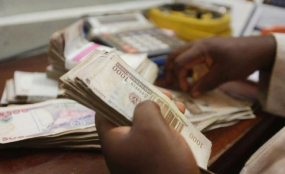By Mark Keith Muhumuza
Kampala — Government has secured funding for the construction of the first logistics hub at the Gulu Railway station, targeting the markets in South Sudan through Alegu and the Democratic Republic of Congo (DRC) through West Nile.
South Sudan and DRC are Uganda’s largest export markets.
According to Mr Benon Kajuna, the director transport in the ministry of Works and Transport, the hub will be constructed on at least 24 acres – provided by the government.
The project will cost $8.6m (Shs30.96b) of which $5.6m (Shs20b) is available with funding from DFID and TradeMark East Africa.
“In October 2016, we completed a pre-feasibility study for the project, with designs expected at the end of this year. Currently, a consultant is working on the proposed design for the project. We expect construction to commence by end 2018,” he told delegates attending the Joint Oil and Gas and Logistics Expo 2017 at Kampala Serena Hotel Conference Centre last week.
A logistics hub is a designated area that deals with activities related to transportation, organisation, separation, coordination and distribution of goods for national and international transit, on a commercial basis by various operators.
Gulu is one of the four areas designated in Uganda where there is a planned logistics hub.
The Gulu hub is expected to serve the two export markets for Ugandan goods but also for re-exports destined for DRC and South Sudan.
It will be a Private-Public Partnership (PPP), with some private sector players expected to come on board.
According to Mr Mark Pearson, a consultant with TradeMark East Africa, that construction will not only require logistics services but will also promote logistics services in Uganda. He said that Uganda could even reach the markets as far as the Central African Republic if the hub is commercially viable.
“There is an opportunity for Uganda here if it targets the Eastern DRC market and South Sudan. For South Sudan, it will need almost total reconstruction so will need to import large volumes of food, construction material, and capital equipment,” he said at the expo. Trade between South Sudan – without war – and DRC is nearly estimated at $1.3b.
Already, research conducted by TradeMark East Africa indicates that the Mombasa-Kampala-Juba route is a cheaper route for goods compared to Mombasa-Juba. “What do you think will happen when the Gulu Logistics Hub is completed? There is a real opportunity here,” Mr Richard Kamajugo, the regional director, trade development told delegates.
Withholding tax
Estimates indicate that logistics in Uganda employs about 200,000 people with the potential of this number doubling by 2030 when oil and gas come on board and the country grows its export capacity.


